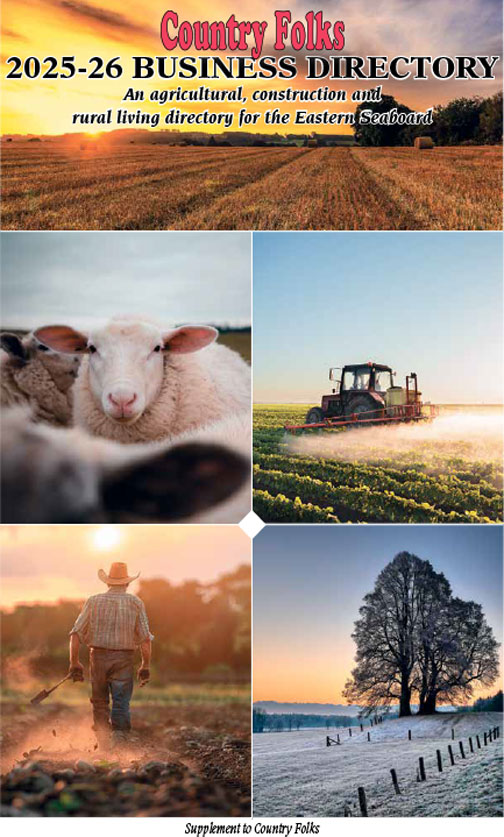May 31, 2025
Be a friend to bees
b C by Courtney Llewellyn Ll ll

b C by Courtney Llewellyn Ll ll


Founded in 1965,
Lee Publications, Inc. publishes targeted trade publications and trade shows for the agricultural, heavy construction, aggregate, commercial horticulture, and solid waste industries.
Lee Trade Shows